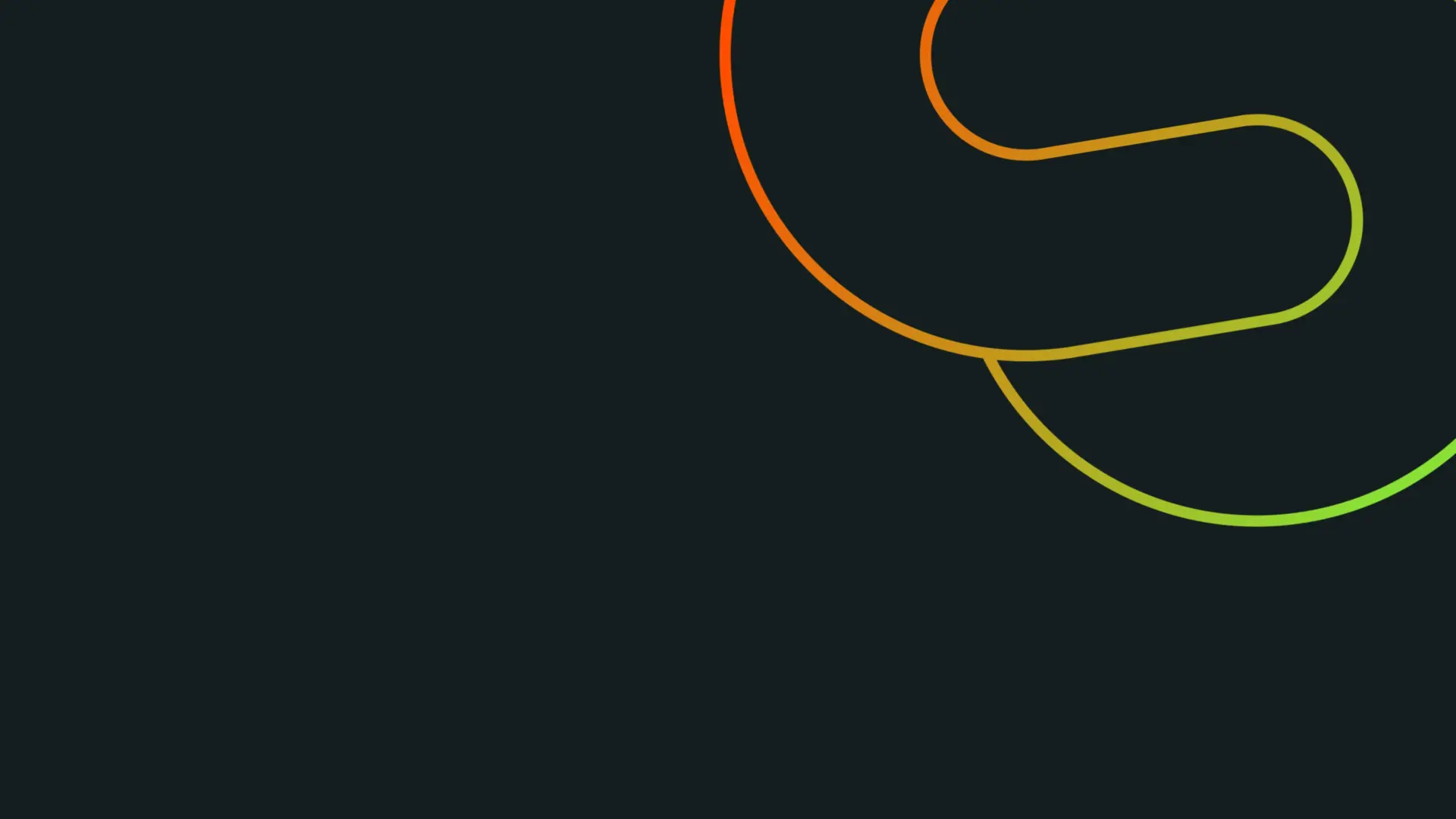
Safer London inspirational Black female leader: Symone
This year’s Black History Month’s theme “Saluting our Sisters” is all about recognising the amazing contributions, achievements, and unwavering strength of Black women throughout history and today. By saluting our sisters we are shining a spotlight on the incredible roles that Black women have played and continue to play in shaping our world.
At Safer London we are proud to have some incredibly strong Black women working across all aspects of the organisation. Across this month we will be sharing interviews with some of Safer London’s inspirational Black female leaders.
Service manager Symone leads the Girls and Young Women's Violence Team. Keep reading for a truly inspiring and powerful interview.
*Trigger Warning* Sexual Violence, Child Sexual Abuse, Domestic Violence/Abuse
I've used every single experience to come back stronger each time.
Tell us a little bit about what you do at Safer London.
I am a service manager, responsible for overseeing the Girls and Young Women's Violence Team. We receive referrals for various issues, including domestic violence, community violence, and sexual violence.
What made you want to work with children and young people?
I've been working with children and young people for as long as I can remember.
Before Safer London, I worked as a teaching assistant for 10 years, and prior to that, I volunteered in schools. The thing that started it was experiencing domestic violence and moving homes. My son had just started school at that time, and simply taking him to school and observing the interactions between him and the teacher made me think, "Oh, OK, I like the look of this”. I began volunteering because I was in a difficult place myself, and that was 21 years ago.
I believe that before becoming a mother, I never would have considered it. However, I appreciate what you gain and receive in return, even if they are small things. I value the rewards that come with working with children and young people.
Tell us about you! Where you grew up, what life was like and how your upbringing has impacted your journey, influencing where you are now.
Good question. I really do believe that every single experience I've had benefits me in this role that I'm in.
I was born, into a working-class family with an English mum and a Jamaican dad. I had one sister. There was domestic violence in my family before I was even born. It’s something I'd experienced before I'd even entered the world. The domestic violence escalated between my parents right up until my mum had enough when I was five years old. I doubt if my mum knew at the time what the cause was, but I was severely malnourished because I refused to eat, which as we know now is an impact of the trauma. But back then I don’t think there was much talk about trauma and stuff.
My sister throughout school was an aggressor. Nobody could mess with my sister. I was the complete opposite. I was a target for bullies and was bullied all the way through primary school. Secondary school was a bit the same to be quite honest.
My sister in her teens, got into a relationship that was very toxic and that took up a lot of my mum's attention. She was always going missing. My Mum would wake me up in the middle of the night to go and find her. Every conversation in our household was about my sister, her behaviour and what she was doing. My sister got pregnant at 16 and became a mum. So again, all the attention was on her. I was sort of the good kid that didn't need a lot of attention but got forgotten about.
At 14 I got into a relationship with a 36-year-old man. It didn't even occur to me that I'd been groomed and was being sexually abused, but I was. It wasn't like it is now, so when my mum found out, I got shouted at and blamed. Eventually that ended then I became a mum myself at 18 and began struggling with my mental health. I got depression at 19 and that still affects me today, although it is a lot better managed now.
Once I had my second child, I got into a relationship that turned into domestic violence and the violence escalated to the point where I was stabbed in my own home. That relationship ended and it was reported to the police, but I didn't feel like I could stand up in court, so the case got dropped. Then I went through the whole process, like some of the families we work with, of relocating and my children changing schools. I moved away a little bit further away from my family and stayed on my own for a long time.
A lot of things that I come across in this job, I've got personal experience of. I do truly believe that every single thing I have experienced has led me here. It has benefited me in this job, this organisation and it has benefited the young Londoners we work with.
Then ten years later, after that experience, I got into another relationship and while I was pregnant domestic violence started. It wasn't as bad as before, but I knew that it was not going to change. I relocated my family again and went into a refuge.
That’s how we ended up where we are today. After we moved here, I started to focus on myself. I went back to education. I did a diploma so I could become a teaching assistant and I ended up doing that for 10 years. But I found I couldn't really make the impact that I wanted to. I had strong connections with the families that were deemed the hardest to reach, but as a TA, you're really limited in what you can do to support them.
I did a degree in education to be a teacher, but halfway through that I realised I didn’t actually want to be a teacher because I didn’t really like the education system. I'd started to learn more about it and to me it felt like we were letting a lot of families down. After my degree, my family kept saying “what are you gonna do now? You're wasted there. You need to do something else”.
Then lockdown happened and George Floyd happened, and Black Lives Matter happened. I did a lot of reflecting. I knew that the school I was in was predominantly white. Lots of times I was the only staff member of colour there and I was treated very differently by our SLT team. When Black Lives Matter happened that was the push I needed. I'll be honest I felt guilty that I was putting up with institutional racism at my school when other people were starting to speak out about it. That’s when I decided to apply to work for Safer London.
A lot of things that I come across in this job, I've got personal experience of. I do truly believe that every single thing I have experienced has led me here. It has benefited me in this job, this organisation and it has benefited the young Londoners we work with.
What has been your biggest inspiration or what's the thing that motivates you?
I think in a nutshell, just trying to help people improve things in their life and support them through some of the most traumatic experiences ever. I've seen my kids go through things, I've been through things, I've seen my mum go through things. I think those personal experiences are my motivator to try and help other people through similar situations.
What does Black History Month mean to you?
I'm 50/50 with Black History Month because I believe it should just be integrated into what we learn at school. But at the same time, it's a chance for me to learn new things as well, because I don't know everything about black history.
It's a time when I like to spend time with my daughter in particular. It's a time to have conversations about things, not just historical things, but what it means to be Black. It's a time that conversations get opened up - if you're in the right place and around the right people.
Do you think there is enough being done to recognise black voices?
I think in mainstream, no. I think if you're connected to certain communities or online platforms then it's something that comes up quite regularly. But I think there's too many people out there that know nothing about Black voices - from the past and the present.
This year’s theme is Saluting our Sisters – all about recognising and celebrating the contribution Black women have made to history and our society. Who would you choose to salute?
I would choose to salute the Black women out there who have challenged stereotypes and become professionals in their own right. I think that, given where I am in my life, that's something that's important to me right now. I realised that being a manager or a member of SLT was much more challenging in the past as a Black woman.
So, I would salute our Black sisters who have managed to defy stereotypes and have risen to the top of organisations or workplaces.
What message do you have for your younger self?
I love this one. I know the answer I've thought about it various times throughout my life.
The advice I would give would be to think twice and then think again. The message would be hold on, everything you're going through will make sense one day, and you'll be able to use it as a strength. Not that I would want to go through any of those things again, but I genuinely sit and wonder sometimes “would I be who I am now without all of those experiences?”. I'm really proud that I've managed to turn all of that around. I've used every single experience to come back stronger each time.
What message do you have for young black women?
I would say defy all stereotypes. Challenge any mistreatment. Get to know yourself. Love yourself. Use every experience to grow and succeed.
Is there anything else you would want to add?
I would like to share that when I was asked to do this, I was shocked because you thought of me as a Black female. Being mixed race, we're not always considered as real Black people. Not so much now but growing up as a teenager and in my 20s, I felt like I never quite fit into that circle of people, particularly with the women.
So that's what I thought. But not anymore. Now I'm surrounded by positive Black women.
Here I feel very accepted for who I am, and I'm really proud to be included in this. My experiences made me think that maybe I'm not really a Black sister, but being invited to do this made me realise that I am, aren't I? Yes, I am an inspirational Black woman.
Read Racheal's interview
CLICK HERE